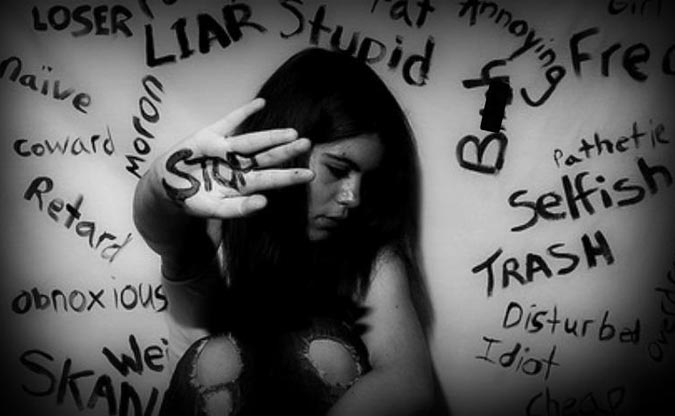When we think of abuse, many people only think of physical violence. Every time we watch the news there seems to be threats to kill and physical abuse being perpetrated against women, often by someone they thought they could trust. While it is horrifying to hear the story and see the kinds of injuries and even death that has been suffered, there are other types of abuse that never make the headlines.
Verbal abuse
We have all had a good row with our partners or other loved ones that has served to clear the air about whatever was bothering us. That’s not to say there isn’t a better way to deal with it, but this is not what verbal abuse is. Verbal abuse is the constant putting down of someone by telling them how stupid or ugly they are. This can be done without even raising the voice but it is no less devastating for that.
Verbal abuse includes calling someone names because of who they are, or the beliefs they hold.
While it may not harm the body, it certainly causes damage to a person’s self esteem, to the point where she may not even be able to function normally. Losing your self confidence means that you will never try to do any of the things that make life normal and even happy. Losing your self esteem is even worse, because you think everything is all your fault.
Emotional abuse
Emotional abuse is similar to verbal abuse and includes the spoken word being used to intimidate and maintain power. Emotional abuse contains many elements.
- Shaming
- Manipulation
- Constant criticism
- Bullying
- Threatening
- Verbal offense
Emotional abuse nearly always precedes physical abuse, although the reverse is not always true. Physical abuse can happen spontaneously and violently, without any emotional abuse happening beforehand.
The main trouble with dealing with these two problems is in getting victims to see that this type of lifestyle is not normal, nor is it their fault. Their coping mechanisms include minimising the problem or denying it happens. But when it goes on for years the sufferer will have many stress related health problems such as anxiety, depression and worse. It is usually necessary to leave the relationship because abusers rarely change.
There are some things you can try to stop this abuse.
- Set firm boundaries. Tell the person they may not treat you like that anymore and leave the room or the house when they do.
- If they try to pick on you, walk away without responding.
- Don’t try and fix them. Any change must come from them.
- Realise the problem is not caused by you.
- Seek support from friends or a counsellor.
- Get away from them as often as possible.
- Make plans to exit the relationship.

